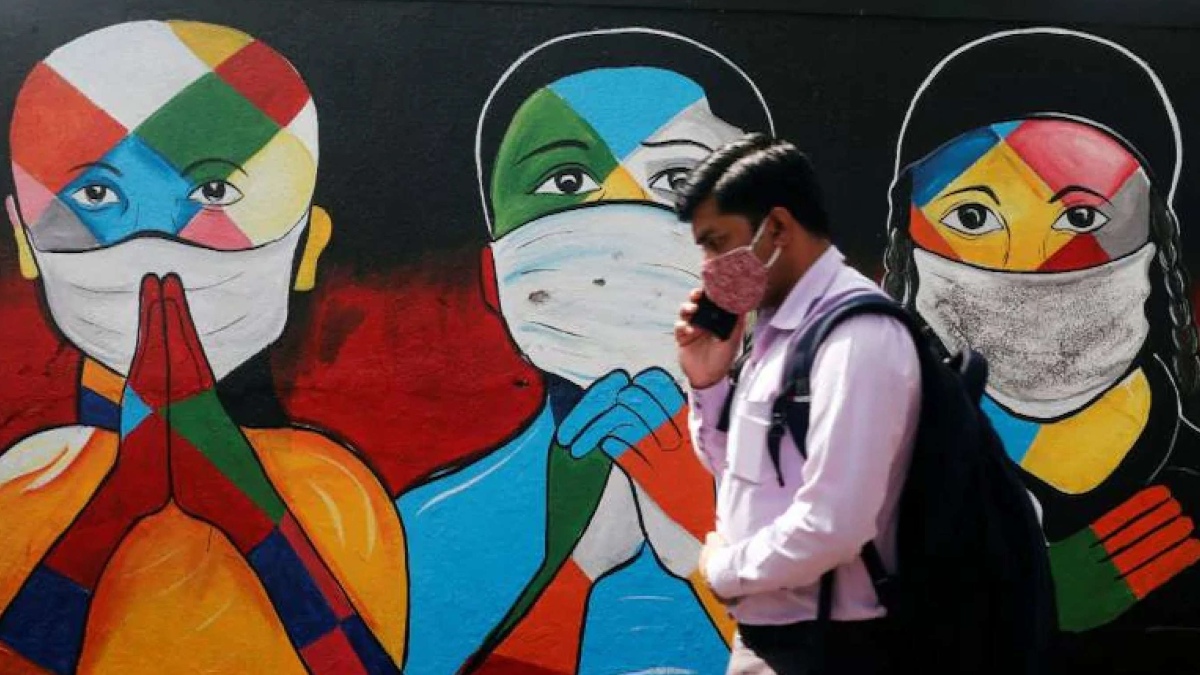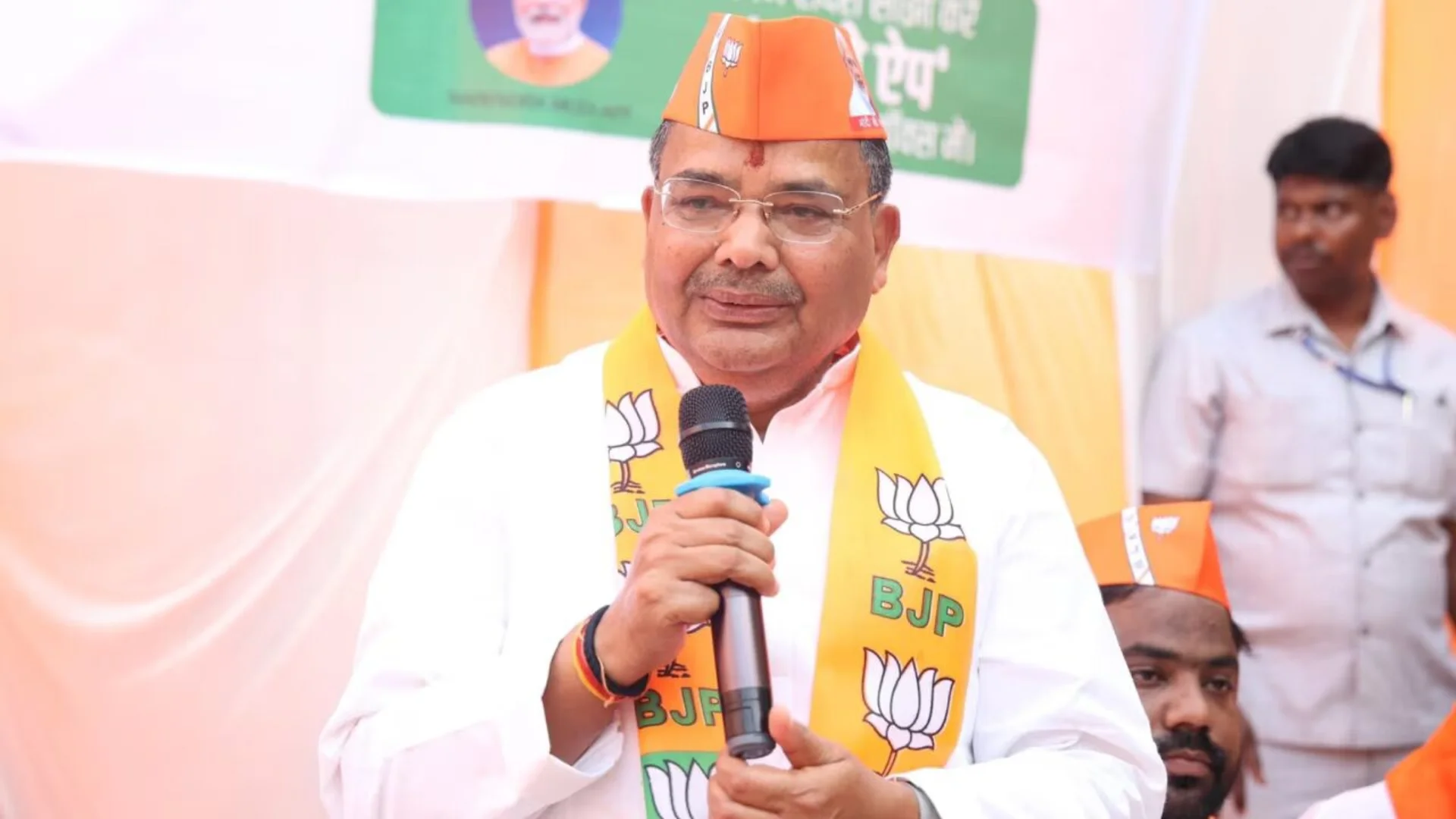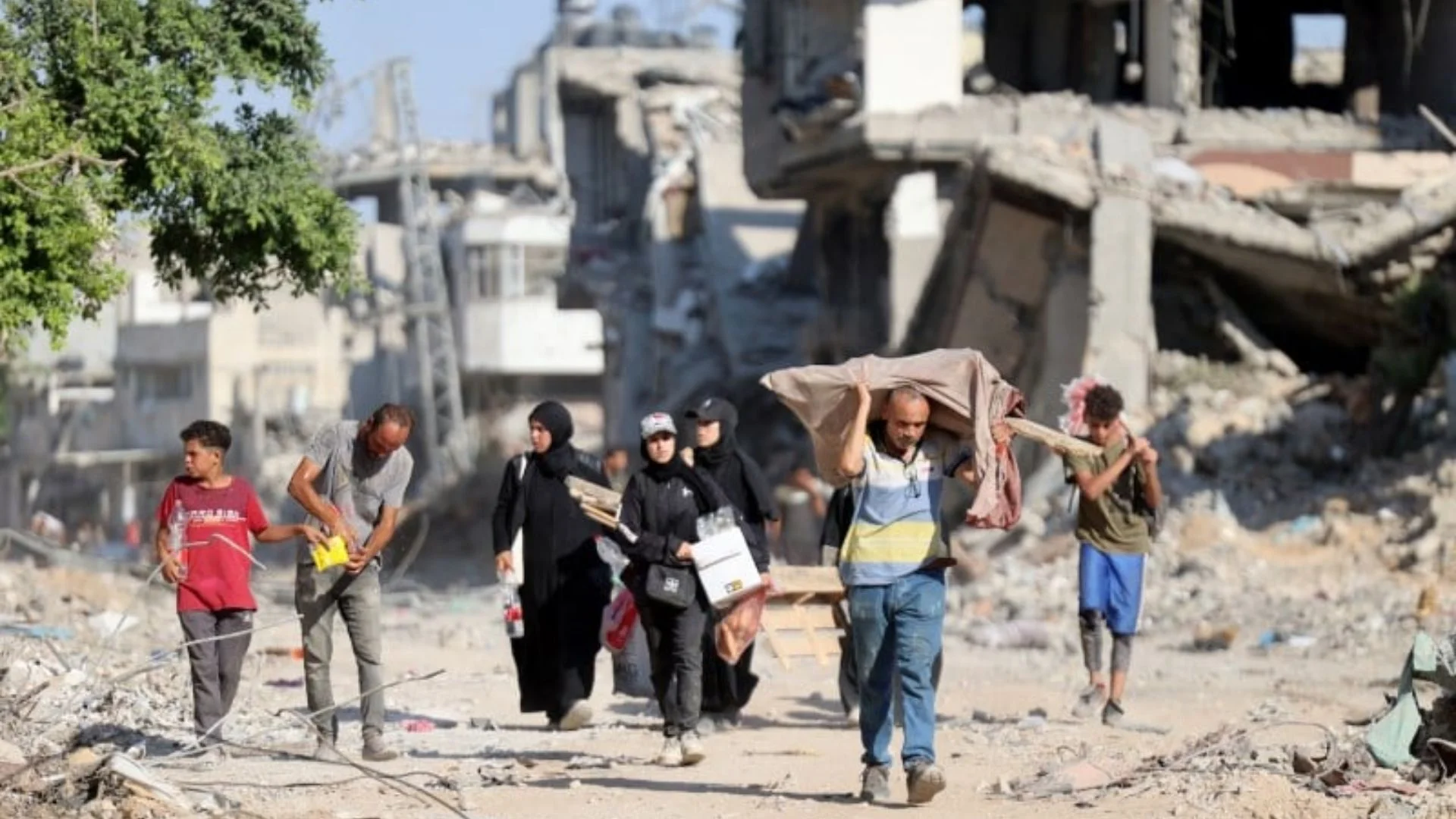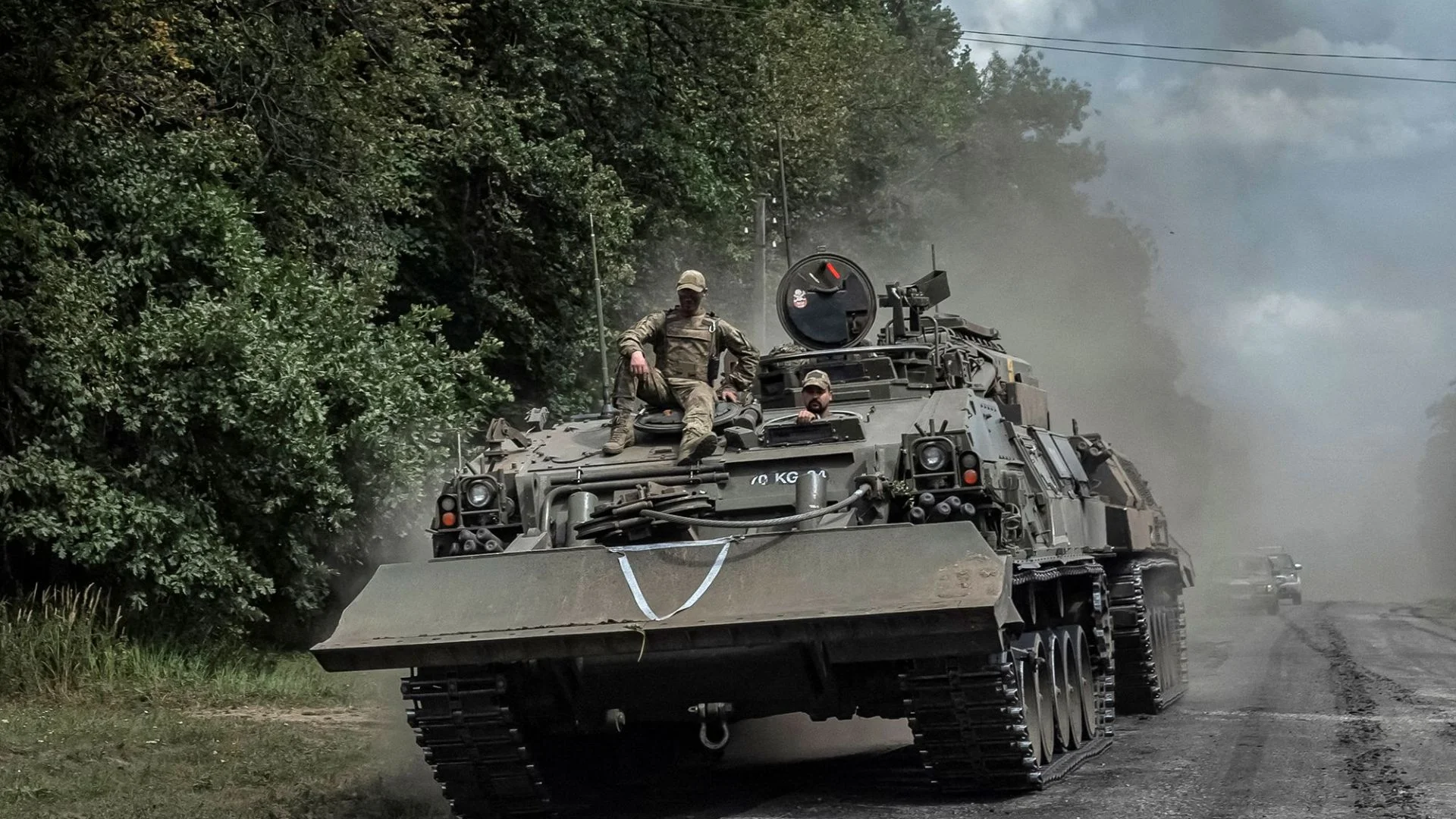
Top doctors and healthcare experts Dr Rakesh Mishra, director of CSIR-CCMB, Dr Padma Srivastava, senior neurologist from All Indian Institute of Medical Sciences, and Dr S.K. Sarin, director of ILBS, told this paper why they think India is witnessing a massive surge in Covid-19 cases now and how this surge can be controlled. Excerpts:
Q. What explains the sudden surge in Covid-19?
Dr Rakesh Mishra: The most logical reason for the surge in Covid cases is that 2-3 months ago, things were in control, but gradually we started to become careless and common people thought that coronavirus is now gone and normal life can be resumed. We are seeing the consequence of that carelessness. When the number of cases rise, it picks up like a chain reaction. Political activities, farmers’ protests, marriage parties, local trains, schools reopening, restaurant opening, bars opening, malls opening and all such things mean lots of exposure to people in public and these things led to the sudden increase in cases. Also, over a period of time, more variants have emerged and this has affected a large number of people.
Q: In Punjab, we are seeing a lot of people been infected by the UK variant?
Dr Rakesh Mishra: You can actually link that very nicely if you see the data of the UK variant. It means that these are the travellers who initially came from the UK and then participated in some activity where a large number of people came together and then they went to smaller cities and villages and started to spread the virus. But the reason for spreading is only one which is when people are not careful. When people are in close proximity without protection to an infected person, who is also not protected, this is bound to happen. It doesn’t matter which variant it is.
Q. What would you like to say about the sudden surge?
Dr Padma Srivastava: Again, as Dr Mishra said, it is not really sudden. About 100 years ago, there was a very similar pandemic. There was also a second wave which was steeper and worse and then a third wave and then probably, it just vanished. So, what we are seeing today is not an unexpected development. What has happened now, as professor Mishra said, is the presence of variants. To add to it is Covid-inappropriate behavior, which may be due to Covid fatigue as well as overconfidence following the arrival of Covid vaccines. So, people threw caution to the wind at a time when mutants were present and active. Historically, we are going to hit waves and waves again. And for safety, vaccination and Covid-appropriate behaviour are the best bet.
Q: The situation in India is worsening, what are the steps we should all take now?
Dr S.K. Sarin: First, we have to accept that we have a difficult situation and we are actually having more infections now than we anticipated. This is likely to probably overshoot last year’s numbers; so first, we have to accept that we are down in the dumps, we are in trouble and, therefore, if we accept that, then certainly, we have to manage at least this wave of severe and rapidly spreading infection and then, the second step would be to think about how we can prevent a subsequent wave and not let these waves keep on coming and disturbing our economy and lives.
As Dr Mishra and Dr Padma have already said, in my opinion, this was anticipated even in January when things opened up very rapidly. We had the first mutant coming and the UK variant had come or at least was detected at that time and from then on, everyone knew that like in UK, in three months, it would lead to a major proportion of people getting infected. We are not doing as many sequencing as we should for the virus types, but it is anticipated that in a few weeks, this may become a major problem of viral variants infecting Indians. Of course, other variants are there; the virus has a life cycle of about 12-16 weeks until the time it has a major mutation.
So while they are occurring, we should be aware of mutants coming and infecting the population in different cities where it was not there. What is worrying is that we had opened up almost all our transport systems and our offices back in January thinking that the virus has gone away; also, we thought that now that the vaccine has arrived, all of us will be vaccinated soon. These two things have probably help the spread of the virus now. The worry now is the number of deaths piling up in the next 2 to 4 weeks’ time when the infection becomes deeper and more and more people get infected. I think the situation is difficult, but all of us have a collective responsibility.
Q: How can we check such waves?
Dr Rakesh Mishra: Genome sequencing let you explore the aspects of the virus–what kind of changes it is acquiring and if there is any particular area where a particular variant is increasing in number. We have to keep in mind that we are only generating the mutants by allowing the virus groups to spread across a large number of people and mutations are a natural process of any life form. Genome sequencing provides valuable information which gives us some hints about what might be happening, but to control the spread of the virus, we all have to be extremely careful and behave in a Covid-appropriate manner.
Q: Do you think lockdown is one of the useful options?
Dr S.K. Sarin: Once you finish two to four weeks of lockdown, people tend to think that the virus has gone and they start doing multiple times the level of activities they did earlier; so lockdown sometimes is not a very positive way of managing such things.
As Dr Padma said we have to get things like hospitals, ICU beds, drugs, protocols and healthcare workers in order; however, testing and tracing has to be as strict as possible. Lockdown has to be self imposed–you have to see that you actually lock yourself down compared to others to stop the transmission of the virus. The virus is like a villain, it will go away and then show up again and again.
We need to vaccinate our population faster; we have just done 7% vaccination of our population which is much less, especially with respect to areas where the virus is spreading fast like in Maharashtra or maybe Karnataka and Delhi. I think the age bar should be removed and mass vaccination is required as fast as possible. In the history of medicine, there has never been an occasion when the whole world has to be vaccinated and that too fast. So, there are challenges, challenges of making vaccines available, challenges of side effects, challenges of getting people to vaccinate and most importantly, getting people to accept a vaccine. Having said that, through the media, it is very important for us to communicate that there are two types of vaccines available: one is your mask and the second is the available vaccine and we have to employ both of them. Get your shot, do not be hesitant because there are advantages of getting a vaccine. Some people say he got two shots of vaccines, still he got infection, so what is the use of getting vaccination? But it is important to understand that if someone got vaccine shots and even then that person got infected, the infection will be milder. The severity of the disease is reduced as also the severity or possibility of transmitting the virus to others.
The other advantage of vaccines is that you will have antibodies which will at least last for six months to a year; but that should not make you abandon all the Covid-appropriate behavior. Also, once you have a vaccine, you can become and work like a frontline worker. No doctor, nurse, or healthcare worker should work if they have not received both doses of the vaccine. In fact, if there is a possibility, there is a support, we should test the immunization because vaccination is not equal to immunization; immunization means we have a high level of protective antibodies; we have not come to that stage yet. If you are over cautious that a certain vaccine may have side effects, we will lose more lives. Take whichever vaccine is available; they’re safe as millions have taken them.















